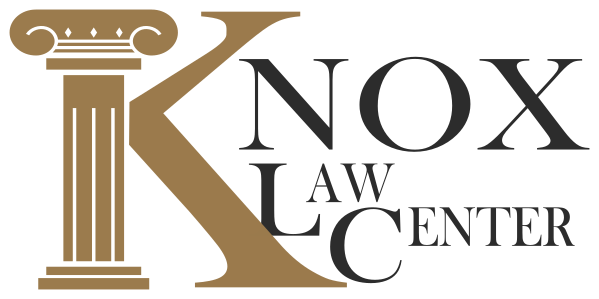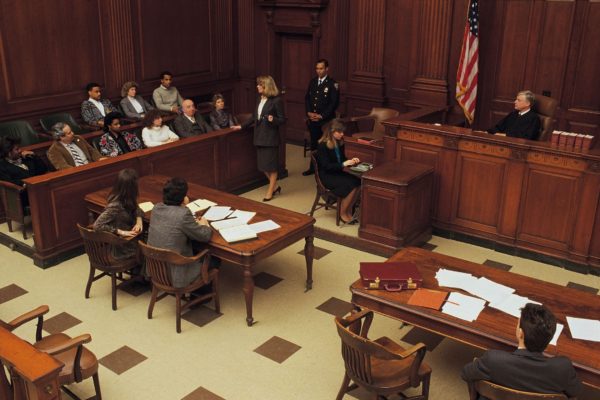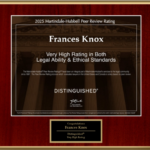[column parallax_bg=”disabled” parallax_bg_inertia=”-0.2″ extended=”false” extended_padding=”true” background_color=”” background_image=”” background_repeat=”” background_position=”” background_size=”auto” background_attachment=”” hide_bg_lowres=”false” background_video=”” vertical_padding_top=”0″ vertical_padding_bottom=”50″ more_link=”” more_text=”” left_border=”transparent” class=”” id=”” title=”” title_type=”single” animation=”none” width=”1/1″ last=”true”]
[column_1 width=”1/1″ last=”true” title=”” title_type=”single” animation=”none” implicit=”true”]
Do I Need To Avoid Probate?
More about North Carolina’s Wills & Trusts Laws
by Lisa Godfrey
Many people, particularly those who have moved to North Carolina from other states, believe it is necessary to arrange their assets so as to “avoid probate”. The reason this belief has prospered is that in some states, other than North Carolina, probate can be a long cumbersome and expensive process. In those other states it may be worth while to place assets in trust or other mechanisms to avoid probate. However, in North Carolina, the state laws are fairly clear cut and the probate process is neither expensive nor cumbersome.
Probate is the process by which an individual’s property is distributed to his or her heirs. An individual can name his or her heirs by will or the laws of intestate will govern who receives the property is no Will is found. Any person who dies owning property, particularly real property, should have an estate opened in order to allow the orderly passage of that property to his/her heirs.
The person who opens the estate, if there is a Will, is called the “Executor”. In a case where a person has left no Will close family members have the right to apply to be the estate’s “Administrator”. If no close family member applies to administer the estate in the first 60 days after a person’s death then any individual, including a creditor of the deceased, can apply to open the estate.
Probate is simply the process of listing assets for the Clerk of Court and using those assets to pay the valid debts of the estate. Once the debts are paid the assets are then distributed to the rightful heirs.
North Carolina’s Probate Process
Unlike some other states, in North Carolina land passes immediately to the heirs upon a person’s death. This means that if real estate needs to be sold early on in the estate administration it can be as long as the rightful heirs and the Administrator or Executor of the estate sign the Deed. There is no such thing as land being “tied up in probate”. Because of the way our probate laws are structured land can always be sold any time as necessary.
Other states may have expensive taxes associated with probate. In North Carolina the fees are relatively modest. The fee for estates in excess of $10,000 is $ 40.00 plus $4.00 per each $1,000 of personal property (i.e. not real estate) held by the estate. The fees max out at $6,000. Thus in order to pay the maximum fee one would have to have an estate of $1.5 million dollars in personal property.
Because the probate laws of North Carolina are relatively uncomplicated, many individuals are able to handle a small to moderate size estate without the help of an attorney. However, in the event you are faced with the prospect of administrating an estate for a family member that is either large or somewhat complicated, you should always feel free to consult an attorney experienced in matters of estates and probate.
All in all the laws in North Carolina make probate a relatively simple and inexpensive process. Thus, there are very few incentives in this state to transfer assets in advance of death in order to avoid probate.
There are many assets in the average estate which are not subject to probate, fees or administration. These include pension plans, annuities and life insurance policies. All of these assets are ones in which a beneficiary is designated by the owner and the proceeds of all these assets pass outside the estate, thus the fees mentioned above are not payable on insurance proceeds or pension accounts. For many people these items make a majority of the value of their estate.
For all these reasons, most people find little reason to enter a trust or other elaborate estate planning techniques to “avoid probate”. However, in individual situations trust and other estate planning devices can be useful. If you have questions about probate or particulars of your estate you will want to consult an attorney experienced in wills and estate planning.
Lisa Godfrey is an attorney in the Charlotte office of Knox Law Center. The firm’s website is www.knoxlawcenter.com.
[/column_1]
[/column]
[column parallax_bg=”fixed” parallax_bg_inertia=”-0.2″ extended=”true” extended_padding=”true” background_color=”” background_image=”http://knoxlawcenter.com/wp-content/uploads/scales-of-justice-extra-white.jpg” background_repeat=”” background_position=”” background_size=”auto” background_attachment=”” hide_bg_lowres=”false” background_video=”” vertical_padding_top=”30″ vertical_padding_bottom=”70″ more_link=”” more_text=”” left_border=”transparent” class=”” id=”REQUEST-CONSULTATION” title=”” title_type=”single” animation=”none” width=”1/1″ last=”true”]
[text_divider type=”single”]
How Can We Serve You?
[/text_divider]
[column_1 width=”1/1″ last=”true” title=”” title_type=”single” animation=”none” implicit=”true”]
[push h=”-20″]
Fields with * are required.
[push h=”20″]
[/column_1]
[column_1 width=”1/1″ last=”true” title=”” title_type=”single” animation=”none” implicit=”true”]
[/column_1]
[/column]






